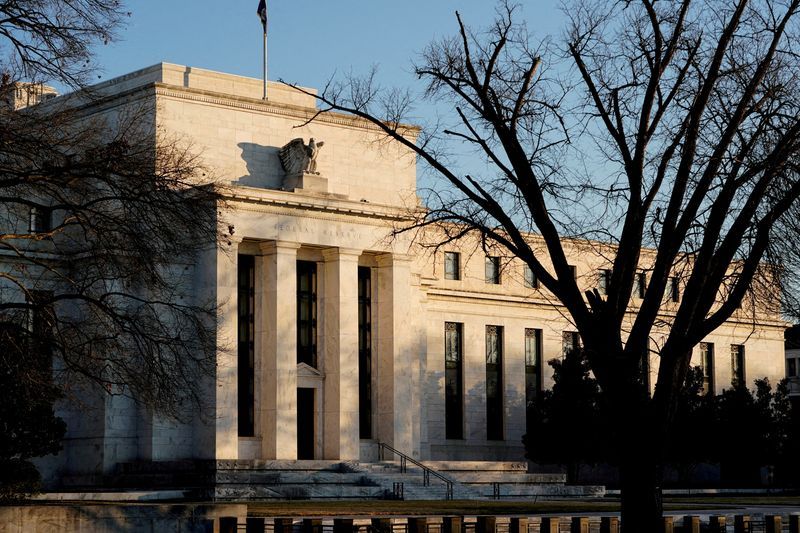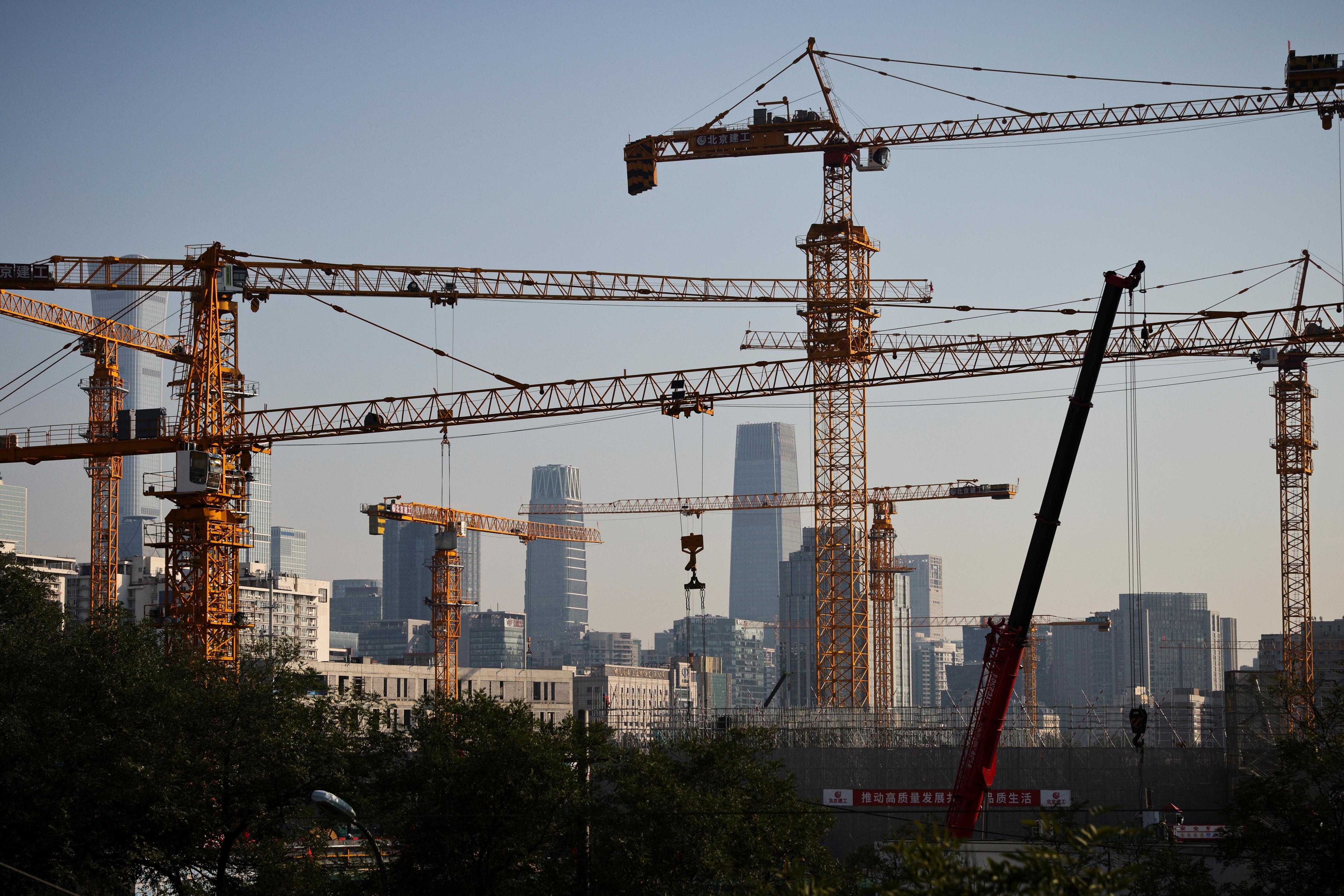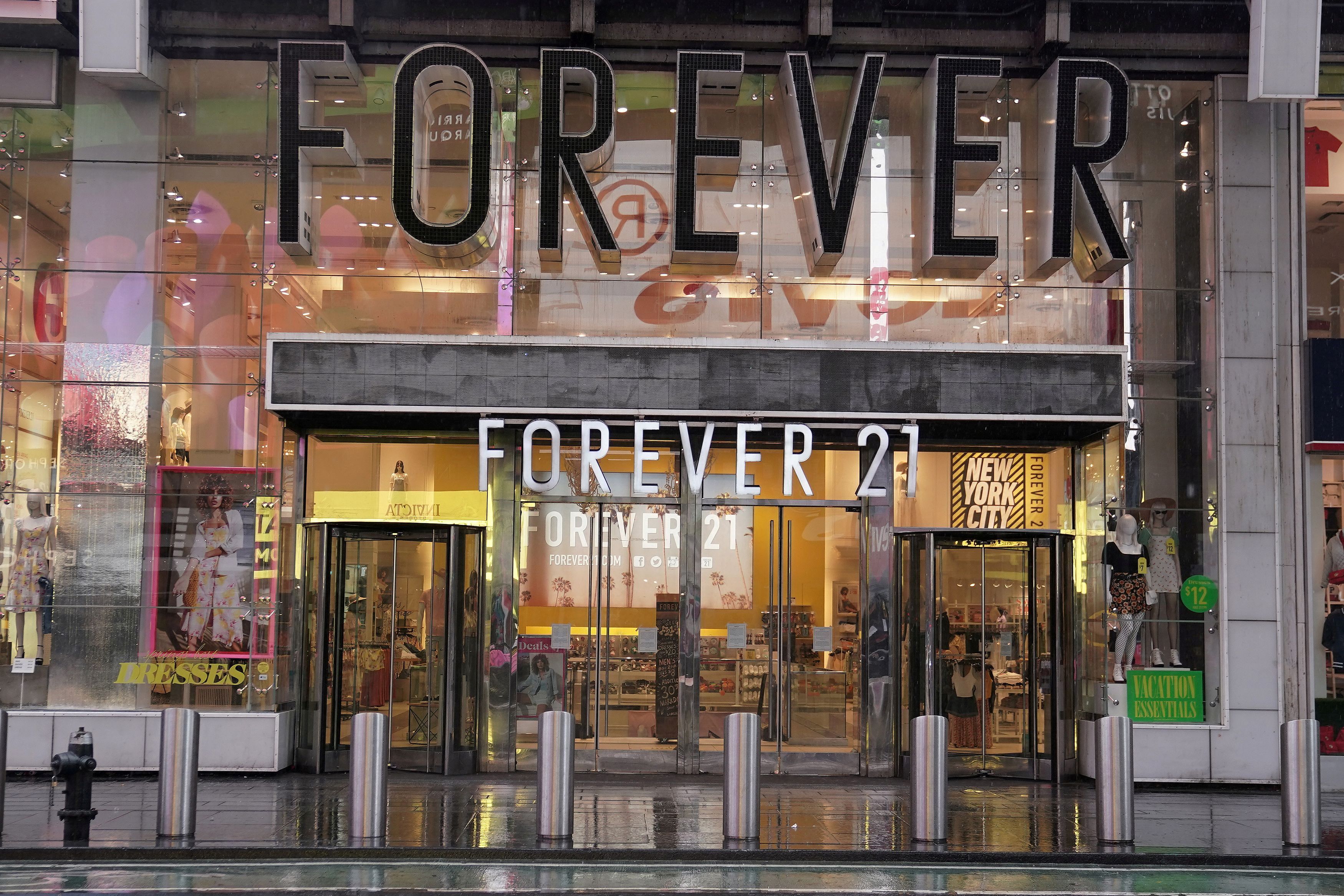From the Fed’s rate hike to the end of Internet Explorer – Here’s your June 16 news briefing

A few minutes every morning is all you need.
Stay up to date on the world's Headlines and Human Stories. It's fun, it's factual, it's fluff-free.
To start off, we’re looking into:
Fed hikes rates 75 basis points
In the most aggressive rate hike since the 90s, the Fed in the US officially raised interest rates on the dollar by 75 basis points, or 0.75 percentage points, on Wednesday in order to grapple with the rising rate of inflation around the world and in the US. Critics have hit the Fed for not predicting the jump in price gains and said it reacted too slowly to the problem. So now, the Fed is tasked with finding the delicate balance between curbing inflation and causing a recession. But Fed Chair Jerome Powell said it is possible for the central bank to achieve a “soft landing” – which would do just that. And as Powell answered questions at the press briefing, stocks and bonds rallied, ending a five-day losing streak that had left the index in bear territory.
China’s Wednesday stock rally

A slew of Chinese economic data was published on Wednesday, showing that, despite the COVID lockdowns across the country, the world’s second-largest economy saw better-than-expected industrial output and retail sales levels. In fact, industrial output grew 0.7% in May compared to last year, after falling 2.9% in April, according to government data. Retail sales were still down from last year but less than expected.
This was supported by the loosening COVID rules and strong global demand. With factories resuming operations, Chinese exports grew double digits in May. With this, Chinese stocks were the best performing in Asia on Wednesday amid the global sell-off. In the background, Beijing’s review of video gaming licenses and other moves suggesting that the government was easing its crackdown on the tech sector have helped the nation’s tech companies’ stocks remain resilient.
Forever 21 gives China another go

Forever 21, the fast fashion retailer, has had a pretty bumpy entrance and journey in mainland China. It first tried to get into the Chinese market in 2008 but left just a year later. Then, in 2011, when the nation’s fashion market really started taking off, the company tried again with 11 brick-and-mortar stores across the country. In 2019, though, the brand exited several markets (China being one of them) and filed for bankruptcy.
Since then, the company has been bought by Authentic Brands Group, which signed a licensing partnership agreement with Lasonic Electric Xusheng Co. Now, it’s announced that it’s launching a new physical store later this month in the Jingjiang Impression City shopping center in Taizhou in the Jiangsu province.
To end, we’ll look into:
High gas prices are leading to some changes in consumer habits
It’s no secret that oil and energy prices are going up, and for anyone driving or riding in a car, one of the most noticeable ways has been observed at the fuel pump. In the US, gas prices are at an all-time high, having just passed US$5 per gallon (US$1.32 per liter) nationally for the first time ever.
And these rising prices are being met by some pretty interesting changes in consumer behavior.

In the US, going on a road trip used to be a cost-effective way to travel across the lower 48 states, but now it’s looking less and less affordable. As a result, #Vanlifers, a group of new-age nomads who live out of converted livable vans and buses so they can travel around the country, are being forced to change their long-term travel goals to accommodate the higher prices.
One Reddit thread saw vanlifers nationwide discuss the high prices, with one user saying, “This year I was really looking forward to drive to the east coast from Los Angeles and explore that side of the country … Now with gas prices going bonkers (Over $6/gallon in CA) I don’t think it’s economically feasible to do vanlife.” Other users went back and forth debating the perks of vanlife versus paying for lodging, with one user pointing out, “It gets a LOT cheaper when you leave California.”
And in Australia, where gas is nearly AUD$2 per liter (AUD$7.57 per gallon), there’s been an uptick in bike purchases, with people reasoning that the extra work is worth the cash it would cost to fill up their tank for shorter-distance drives. Roberto F. Aguilera, energy economist at Curtin University, said, “In the eastern states, gas prices are linked to the price in Asia, and Asia itself is experiencing a gas supply crunch [which is] related to disruptions from Russia. So that’s bringing prices up in that region and because the markets are connected, we feel it here at home as well.”
But these higher gas prices that we’re all complaining about, have a disproportionate effect on lower-class families, who spend more of their budget on transportation. So it’s likely that these families will look for ways to fill their tanks less often. With that said, though, this isn’t an option for everyone, especially those who need to drive to and from work. US federal data shows that in 2019, Americans spent about 3.3% of their budget on gasoline. But, earners in the lower income bracket (US$30,000-$40,000) spent more, around 4.1% of their budget.
“You’re seeing a lot of poor people – especially the rural poor driving a lot – getting hit harder,” said Kent Smetters, an economist at the University of Pennsylvania.
But hey, who knows? Maybe this is what drivers need to go from the old, dusty gas guzzler to the newfangled electric vehicle (we’re looking at you, Elon).
In other news …
📉Stocks, oil and Bitcoin: After the US Fed hiked rates by three-fourths of a percentage point and Fed chair Powell said that the central bank could raise it again around the same level in July, US stocks rallied. The Dow Jones increased over 300 points or about 1%; the S&P 500 was up nearly 1.5% and the Nasdaq 2.5%. But trading was choppy as analysts said that investors couldn’t quite figure out what they want. While higher interest rates fight inflation, it also makes doing business more expensive.
🛢Oil prices fell more than US$3 as markets anticipated a decrease in demand with the Fed hike but remained near US$120 (Brent crude futures at US$118.50 and WTI at US$116.20) as concerns about supply remain.
💸Bitcoin, which closely follows the paths of equities, saw its price rise 4.65% to US$22,606.54.
💼Emergency ECB meeting: At an emergency meeting on Wednesday, the ECB announced it was creating a new tool to prevent euro zone fragmentation caused by increasing interest rates.
🇺🇦The US announces more weapons to Ukraine: Biden has announced that the US is sending another US$1 billion in weapons to Ukraine on Wednesday after a phone call with Zelenskiy.
🎬More “Squid Game”: Milking the success of “Squid Game,” Netflix is planning a reality TV show of the Korean drama with huge cash prizes. But the streaming giant specified that there would be no fatal consequences. The only thing is that losers of the game won’t be walking away with US$4.56 million in winnings, which Netflix says is the highest amount of prize money in reality TV ever.
🇭🇰Hong Kong COVID: Hong Kong saw 1,047 new COVID-19 infections on Wednesday. This is the first time the daily case number has topped 1,000 since mid-April.
😯The end of Internet Explorer: It’s an end of an era. Microsoft is retiring Internet Explorer today after nearly three decades.
👩💻Spotify reigns in hiring: Last week, Spotify was touting huge growth potential, saying that the service was aiming for US$100 billion in annual revenue by 2030. But now, according to several reports, an internal memo to staff said that the company would reduce its hiring by 25% because of the current economic climate.
🤡Bill dismisses crypto: Bill Gates, who’s criticized Bitcoin and NFTs before, took another swing at crypto projects, sarcastically saying, “Obviously, expensive digital images of monkeys are going to improve the world immensely,” while speaking at an event in California.
🇨🇳China’s Netflix at a possible US$7 billion valuation: iQIYI is China’s version of Netflix, and now Baidu is in talks to sell its controlling stake in the Chinese streaming giant in a deal that would place iQYI’s valuation at around US$7 billion.
⚽️Taiwanese fans at the World Cup: For the World Cup in Qatar, all ticket holders must apply for a Hayya card for identification purposes, which will also help people get into the country. With that, Taiwan has criticized the World Cup organizers in Qatar after learning that Taiwanese fans might be listed as Chinese. Earlier on, Taiwan was listed in a dropdown list in the app as “Taiwan, Province of China.” Later in the day, it was listed only as “Taiwan.” However, a separate section of the app where users enter where they currently live did not seem to be updated and continued to list Taiwan as a “Province of China.”
Written and put together by Jake Shropshire, Christine Dulion and Krystal Lai




Comments ()